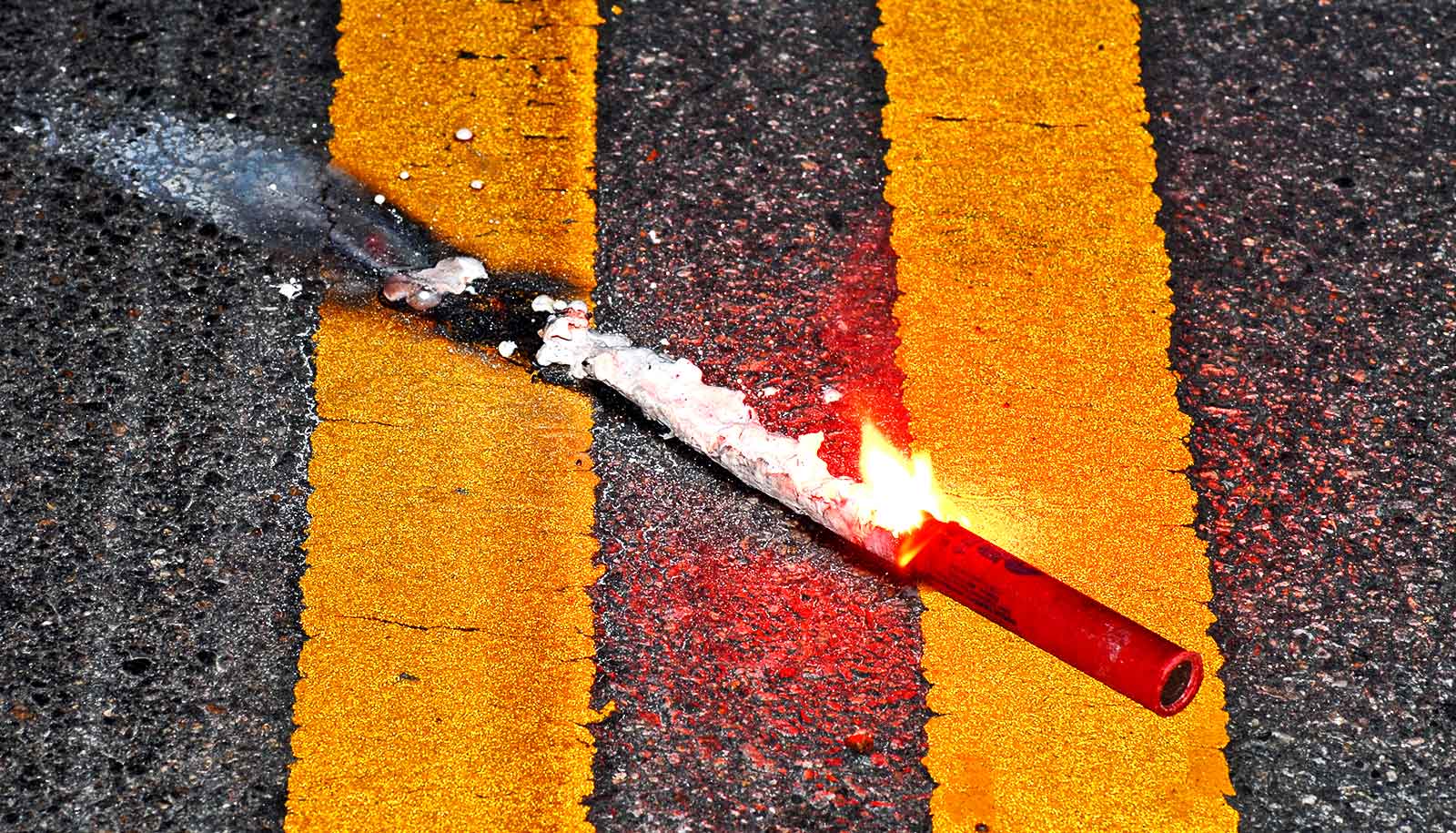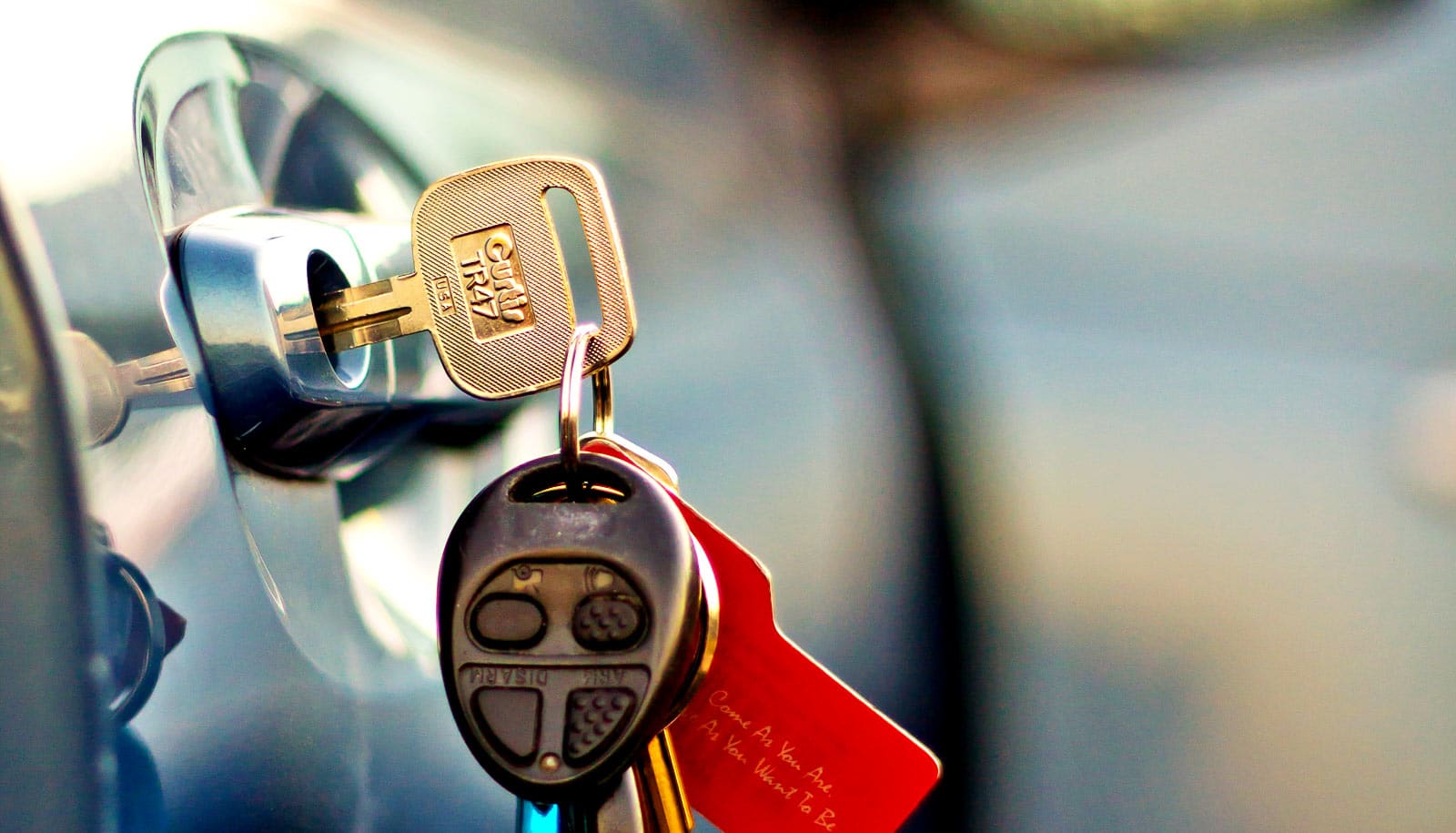Deadly car crashes involving both cannabis and alcohol consumption have more than doubled in the United States in the past two decades, as have car crash deaths involving just cannabis, researchers report.
“There has been progress in reducing deaths from alcohol-impaired driving, but our study suggests that cannabis involvement might be undercutting these public health efforts,” says study senior author Timothy Naimi, adjunct professor at Boston University’s Schools of Medicine and Public Health and director of the Canadian Institute for Substance Use Research.
For the study in American Journal of Public Health, researchers analyzed 19 years of data from the Fatality Analysis Reporting System, a national database of fatal crashes on public roads. They found that from 2000 to 2018 the percentage of crash deaths involving cannabis increased from 9% to 21.5%, and the percentage of deaths involving cannabis and alcohol also more than doubled, from 4.8% to 10.3%.
Their results also show that cannabis-involved car crashes are more likely to involve the deaths of passengers, as well as individuals younger than 35, compared to crash deaths not involving cannabis. Analyses were conducted to account for drug testing rates and alcohol policies, and the results remained consistent.
The study comes out amid suggestions that loosening cannabis policies could lead to a reduction in alcohol use if individuals substitute alcohol for cannabis. But according to the researchers, the study suggests that cannabis and alcohol are increasingly being used together when it comes to impaired driving, and that cannabis increases the likelihood of alcohol use in crash deaths.
“Our testing methods for cannabis remain suboptimal and individuals can test positive for cannabis weeks after they have consumed it,” says study lead author Marlene Lira, an epidemiologist at Boston Medical Center, Boston University’s primary teaching hospital. “However, we can say that fatalities from crashes involving cannabis are more likely to have also involved alcohol, even if we don’t know the exact level of cannabis [intoxication].”
Most cannabis tests do not distinguish between any past use and acute intoxication, and implementing standardized thresholds is challenging due to people’s individual tolerance going up from regular use of cannabis.
Fatal car accidents involving alcohol have remained relatively constant over the last two decades, according to the National Highway Traffic Safety Administration, with 2019 reaching the lowest levels since 1982. But as more and more states legalize cannabis use, little attention has been given to the connection between alcohol and cannabis consumption, the researchers say.
Now 19 states—with New York, New Mexico, and Connecticut the most recent—have legalized adult-use cannabis, and 38 states and Washington, DC, have legalized cannabis for medical use. Massachusetts legalized adult-use cannabis in 2016 and, according to the Boston Globe, it’s difficult to know whether stoned driving has gone up since any dispensaries opened, due to the lack of reliable testing.
“The bottom line is that we have a lot of work to do to reduce deaths and harms from impaired driving from alcohol, cannabis, and other substances,” says Lira.
Additional coauthors are from the University of Victoria in British Columbia, Boston Medical Center, and Boston University.
The National Institute on Alcohol Abuse and Alcoholism funded the work.
Source: Boston University



